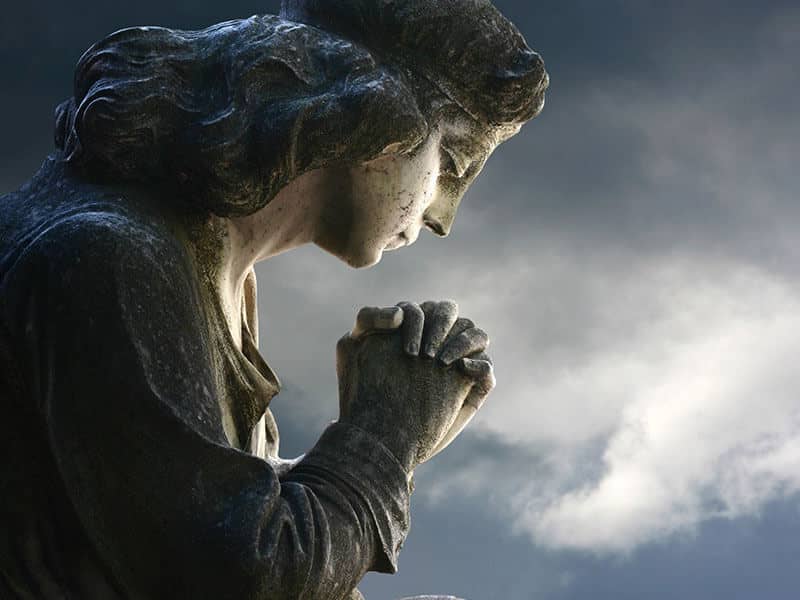Sometime around 2 pm on this gloomy Christmas Eve, Tobi grew restless. She popped a wooly sweater and sweatpants on Gage, grabbed her coat and headed for the door. "We're going out to rent a movie, Mom," she called. "We'll be right back." Her mother, elbow deep in food preparation, barely noticed.
But Tobi and Gage never returned. About eleven p.m., Tobi's frantic mother phoned the police. It was almost Christmas, and brightly-wrapped presents for her grandson were under the tree. Where could Tobi and Gage be?
It was a little early for the police to suspect foul play. Tobi had many old friends to visit, and perhaps Gage had fallen asleep and the adults didn't want to awaken him. And despite a now-freezing rain, there had been no accidents reported. Yes, Tobi should have phoned. But she'd turn up. They usually did.
Instantly Linda knew what had happened. No doubt the car had plunged off the cliff above, an area of highway known for being dangerous, and lacking an adequate guardrail.. And there had been plenty of ice last night. She quickened her step, but given the height of the cliff, surely no one could have survived. Yet she kept hearing that little sound.
Yes, there--on a huge rock right near the car--sat a tiny child. He was crying, faintly but unmistakably. "Honey!" Linda ran to him. "How did you get here? What happened?" She tore off her own coat to wrap it around his soaked sweater.
"Mommy," the child whimpered. "I talked to Mommy, but she didn't talk back to me."
Now, in the growing dawn, Linda saw what must be a body, floating face down. Was there any hope for her? Linda had been picking the child up, but now she paused. "I'll go and help her," Linda told him. But the child clung to her. "No," he said. "Don't go there."
She wondered what he had been through during this past night, what he had seen, how long he had been here on this lonely, freezing beach. Yet he seemed sad, but not hysterical. "What's your name, sweetheart?" she asked.
"Gage Gabriel," he said. And then, "I lost my ducky boots."
"We'll get you another pair," Linda said as she lifted him up once more. "I'll bring you back to my house, and get you warm."
But questions lingered about Gage. He had apparently been strapped into his carseat during the ride. How then, had he undone himself and gotten out of the mangled vehicle? Had he been thrown, wouldn't he have more severe injuries than a bump on the head and some frostbitten toes? How had he remained warm enough to survive for some twelve hours, wearing just a sweater and knit pants, both obviously soaked within minutes of the crash? Most important, how and why had he remained so calm?
It was a Sergeant with the RCMP who happened upon a possible answer. He was visiting Gage in Amherst hospital just a few hours after his rescue, asking him some gentle questions, when the little boy looked up. "I saw two girls," he announced matter-of-factly.
The officer was taken aback. "You did?" he asked. "Where?"
"They were in the water, next to Mommy," Gage answered. "Their dresses were white."
"Did they talk to you?" asked the officer.
"No," Gage said. "They smiled at me. They smiled at me all night, until that other lady came."
(Gage later reported the same story to his grandmother, and added that the girls seemed to have wings. "Were they ladies?" his grandmother asked. "No," Gage was definite. "Girls!")
How could a child of three come up with something like this? The officer wondered later as he shared the story with his fellow policemen. They had no answers. No one had interviewed the little boy; there had been no chance to plant such an idea in his mind. No one was sure that Gage had ever been told about angels.
But as the routine investigation continues, there remains just a little hint of mystery, of wonder, of love in the midst of sorrow and loss, for the townspeople, the family, and Gage himself. And the unspoken hope that the protectors who were with him on that difficult night, stay with him forever.

